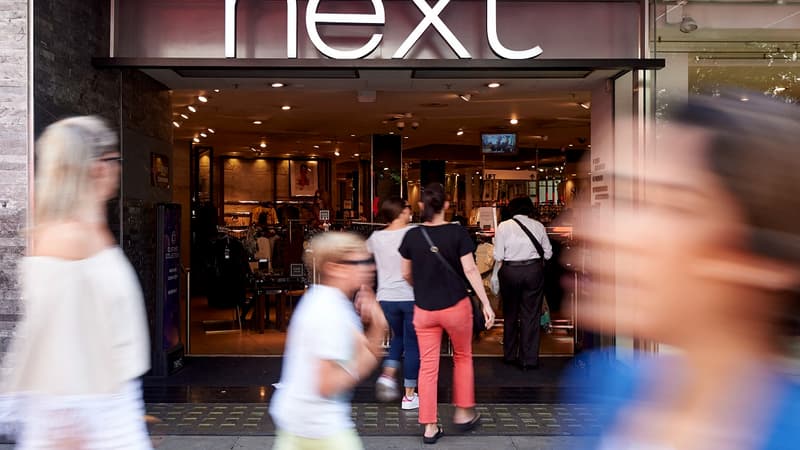Final round of applause for Made.com. In financial difficulties for several months, the online furniture seller will be bought by the British clothing group Next. In a press release published this Wednesday, the bankrupt company announced that the directors of the firm PwC appointed to manage its bankruptcy declaration had reached an agreement “with Next Retail Limited to acquire the brand, domain names and intellectual property de MDL”, operating subsidiary of Hecho.
Next appeared for several days as a credible candidate for the acquisition of Made.com. The Enderby-based group in Leicestershire is a well-known player across the Channel where it has established itself as one of the top three clothing chains in the country with Marks & Spencer and Arcadia Group (Burton, Dorothy Perkins, Topshop…).
Next, which specializes in online sales, still operates more than 500 outlets in the UK and Ireland and around 200 in Europe, Asia and the Middle East. And while fashion remains deeply ingrained in the retailer’s DNA, the latter has been working to diversify its business by offering home and garden accessories for several years, notably through its Next Home brand. Today, the group listed on the London Stock Exchange (7,900 million dollars of capitalization) has more than 40,000 employees. Its turnover for the year 2022 is expected to be 4.8 billion pounds.
From Joseph Heptworth and Son to Next
The history of Next begins in 1864. At that time, the tailor Joseph Hepworth founded the ready-to-wear brand Joseph Hepworth & Son in Leeds with the desire to become a pioneer in the development of clothing chains. Paris was successful: by the early 1890s the company had over 100 stores in Britain and 2,000 employees.
Nearly a century later, in 1981, Hepworth & Son acquired an additional 600 stores by acquiring Kendall and Sons, a brand specializing in women’s and rainwear. The initial idea of Hepworth’s then-chairman, Habitat founder Terence Conran, was to offer a women’s offering that would complement existing stores geared toward men. But designer George Davies, recruited by Terence Conran, instead proposed launching a new chain renamed Next by converting the Kendall stores. A year later, the first Next stores opened.
The transformation continued in the following months until Hepworth’s men’s stores also switched to the Next format. However, it was not until 1985 that a first store combining men’s and women’s fashion and even interior products opened its doors and 1987 before the brand developed a range of children’s clothing.
This expansion into the ready-to-wear market did not prevent Next from experiencing some turmoil in the late 1980s. After becoming CEO, George Davies was accused of bringing the group to the brink of bankruptcy and then fired. At the same time, Next will sell 433 Salisburys and Zales jewelers in the UK to the Ratners group. George Davies would later say that “Next had become suicidally big”.
The brand will eventually go uphill. In 1988 it launched its teleshopping service, before crossing the bar in 1994 with 300 stores operated in 16 countries. Next will finally launch its first website in 1999, “a third way of shopping”, explains the brand, which sees e-commerce as a new opportunity to speed up its international development.
Diversification
The acquisition of Made.com highlights a trend among garment giants such as Next and H&M or France’s La Redoute to diversify into furniture and décor in recent years, and is particularly reminiscent of a partnership between Next and the British designer’s pope. Jasper Conran in a compilation. For Next, acquiring Made’s younger consumer base is also a long-term opportunity, said Richard Lim, managing director of Retail Economics.
It is also up to Next to continue a strategy started several years ago, which consists of buying brands that are struggling but often well known to the general public. In 2020, the British group took a 51% stake in Victoria’s Secret and then bought a 25% stake in the Reiss fashion chain a year later.
In the same year, Next founded a joint venture with Gap and now manages its digital and POS activities in the UK. A few months ago, the British giant also acquired a 44% stake in baby clothing retailer Jojo Maman Bebe.
Source: BFM TV


